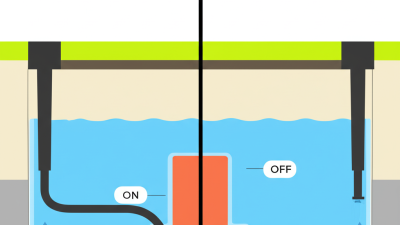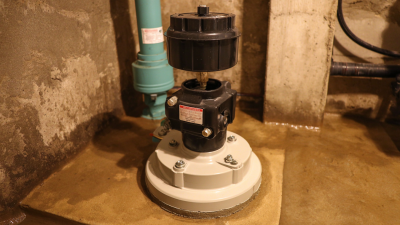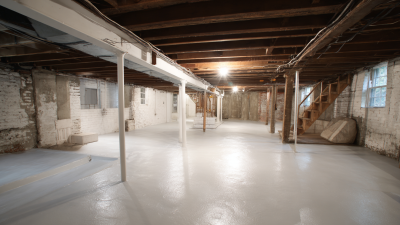Essential Guide to Choosing the Right Basement Water Pump System for Your Home
When it comes to safeguarding your home from water damage, selecting the right basement water pump system is crucial. According to the American Society of Home Inspectors, nearly 60% of homes in the United States experience some form of water intrusion in the basement, making effective drainage solutions essential for homeowners. Furthermore, the National Association of State Fire Marshals reports that basement flooding can lead to significant structural damage and costly repairs, sometimes exceeding thousands of dollars. With the market flooded with various options for basement water pump systems, understanding the unique needs of your home is paramount. This guide will navigate the intricacies of choosing the right system, equipping you with the knowledge to make informed decisions that ensure your basement remains dry and secure.
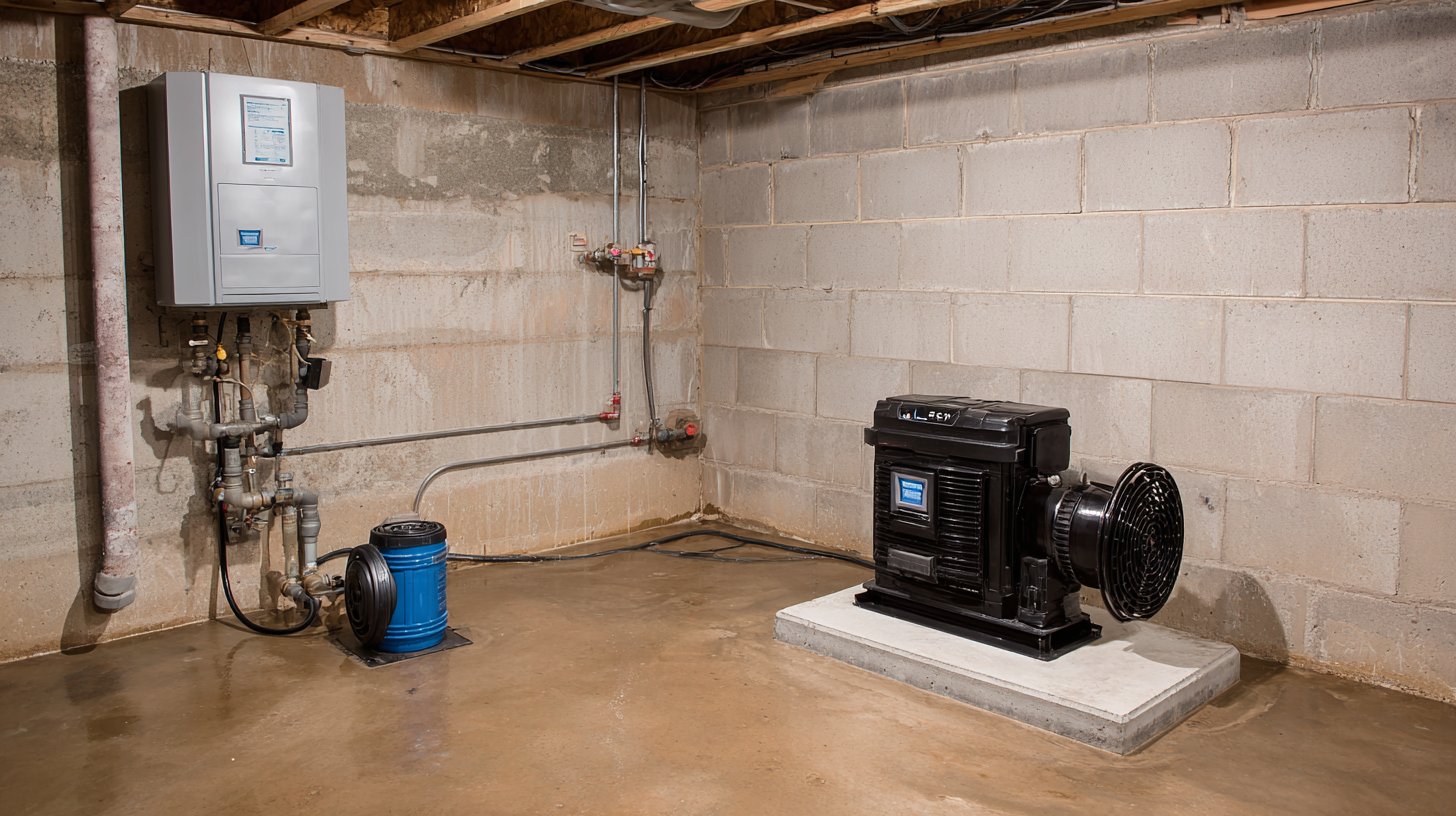
Understanding the Importance of a Reliable Basement Water Pump System
A reliable basement water pump system is crucial for maintaining the integrity of your home. Basements are prone to flooding, whether from heavy rainfall, melting snow, or plumbing issues. These situations can lead to significant water damage, mold growth, and structural deterioration. Therefore, investing in a dependable water pump system can safeguard not only your basement but also the overall health of your home.
Understanding how a water pump functions is essential when choosing the right system. A sump pump, for example, collects excess water that enters the basement and pumps it away from the foundation. This process prevents water from accumulating and causing potential damage. Evaluating the horsepower and capacity of the pump, along with the drainage system's efficiency, will help ensure that it can handle the volume of water typical for your area. By prioritizing a reliable basement water pump, homeowners can mitigate risks and protect their investments for years to come.
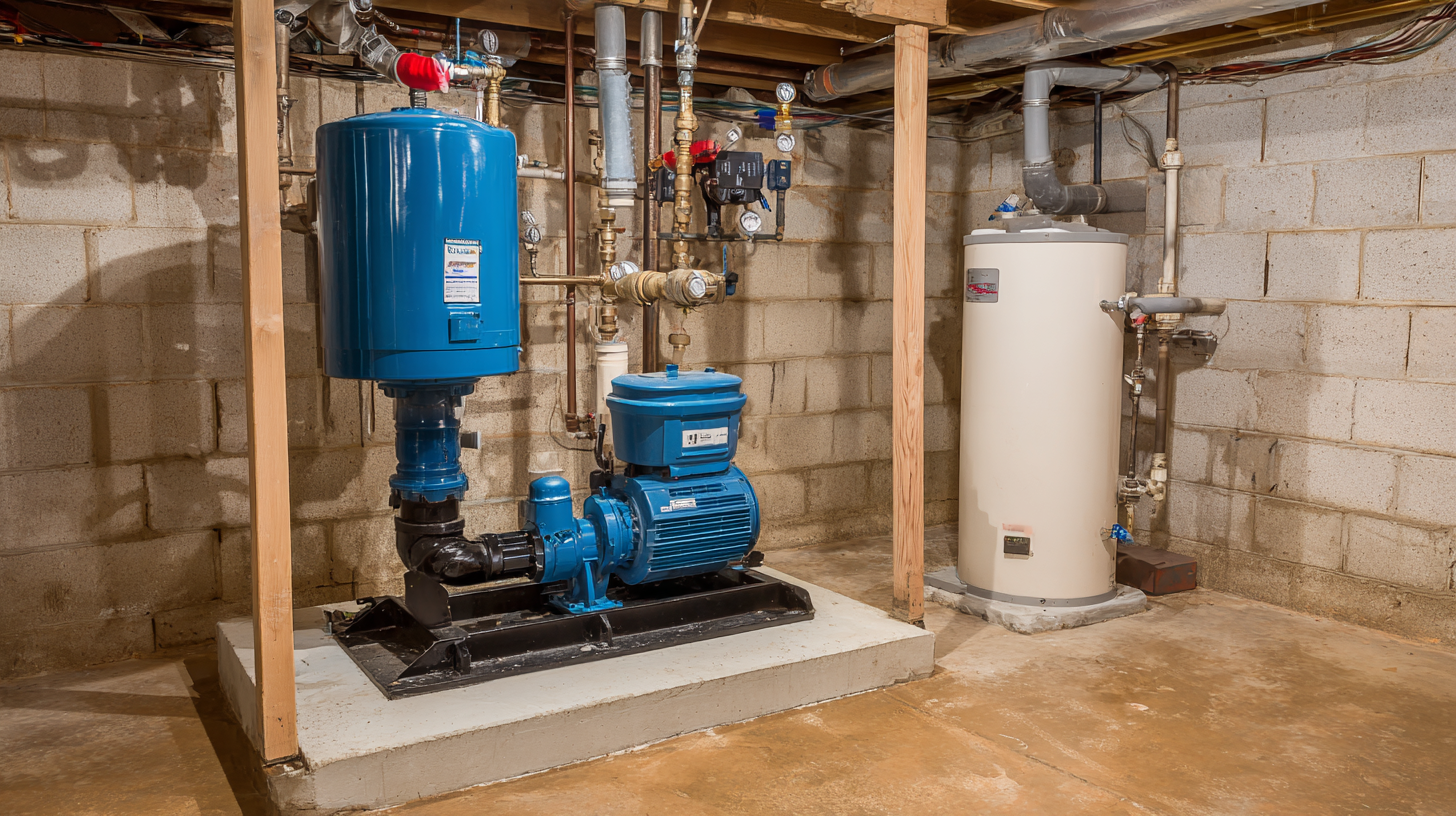
Identifying Different Types of Basement Water Pumps and Their Uses
When it comes to selecting a basement water pump system, understanding the different types of pumps available is crucial. There are primarily three main types: sump pumps, ejector pumps, and utility pumps. Sump pumps are the most common choice for basement applications, designed specifically to remove accumulated water from pits or low areas. These pumps are essential for preventing flooding and excessive moisture, especially in areas prone to heavy rainfall or flooding.
Ejector pumps, on the other hand, are employed to remove wastewater from below the sewage line, making them ideal for homes with basements that contain bathrooms or laundry rooms. They function by utilizing a motor to create a vacuum that pulls the waste into the sewer system. Lastly, utility pumps serve a broader purpose and can be used for various tasks, such as draining pools, aquariums, or even flood-related water extraction. Understanding these distinctions ensures homeowners can choose a pump that not only fits their specific needs but also protects their property from water damage effectively.
Key Factors to Consider When Choosing a Water Pump for Your Basement
When selecting a water pump system for your basement, several key factors should guide your decision. First, assess the overall water management needs of your home. Consider the drainage capacity required based on the volume of water that typically collects in your basement. This involves evaluating local climate conditions, the frequency of heavy rainfall, and whether your property is prone to flooding. A pump with adequate horsepower and flow rate will ensure efficient removal of water, protecting your basement from potential damage.
Another critical element is the type of pump that best suits your situation. Submersible pumps are ideal for areas with consistent water presence, as they operate underwater, while pedestal pumps are better for spaces with infrequent water accumulation. Consider also the material and durability of the pump; high-quality materials can significantly extend the lifespan of your system. Lastly, look at additional features such as automatic float switches and backup power systems to enhance reliability during power outages or severe weather. Choosing the right combination of these factors will ensure your basement remains dry and safe for years to come.
Evaluating Pump Performance: Capacity, Efficiency, and Power Options
When selecting a basement water pump system, evaluating pump performance is crucial to ensure long-term functionality and efficiency. Key metrics to consider include pump capacity, efficiency ratings, and power options. According to the American Society of Plumbing Engineers (ASPE), a typical residential sump pump has a capacity range of 30 to 60 gallons per hour for every inch of discharge height. Choosing a pump with adequate capacity ensures effective water removal during heavy rainfall or flooding, which is vital for protecting your home from water damage.
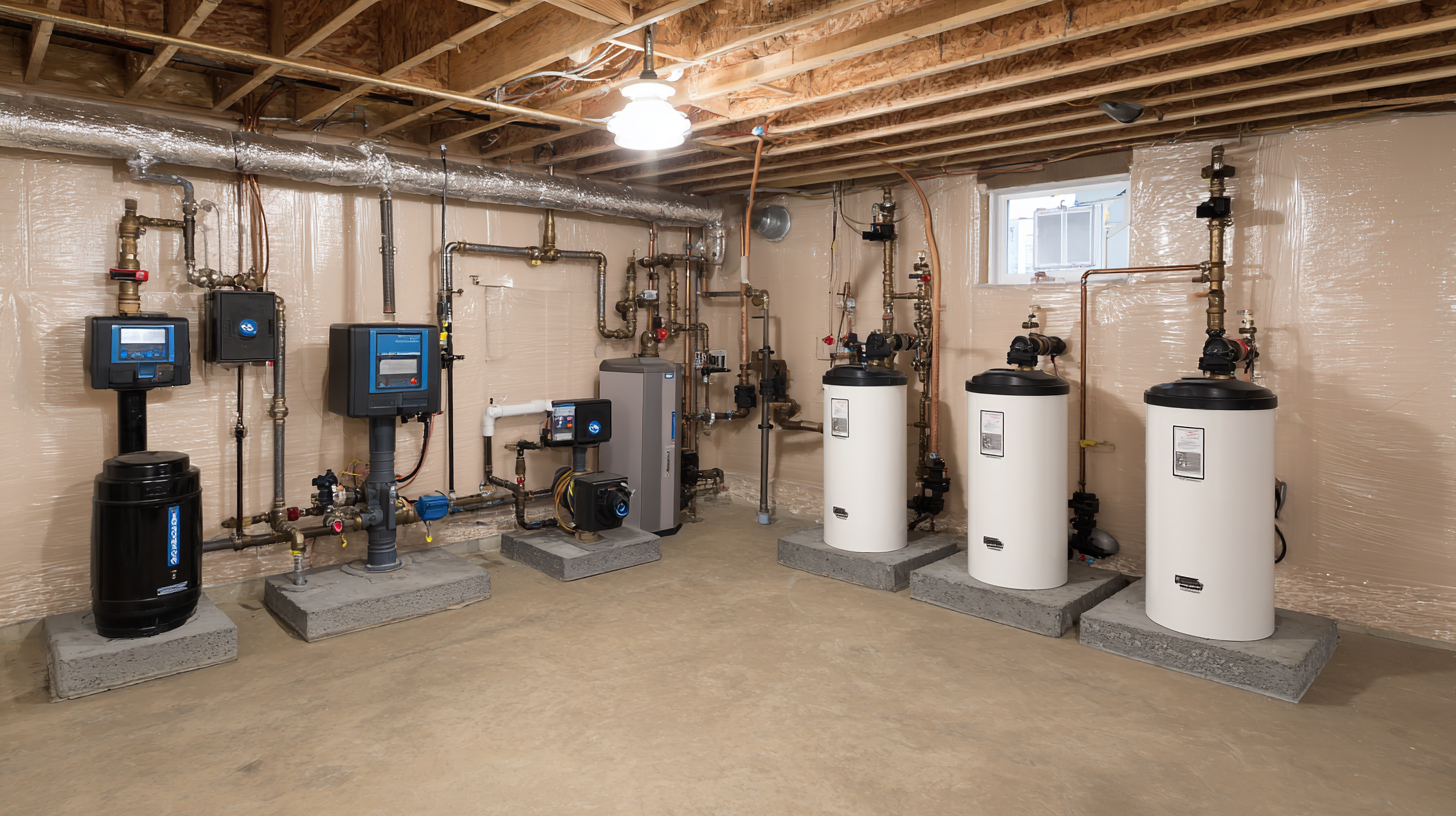
Efficiency is another critical factor in pump performance. Energy-efficient pumps can significantly reduce your electricity costs while providing reliable service. The U.S. Department of Energy reports that a high-efficiency sump pump can save homeowners up to 40% on energy bills compared to standard models. Additionally, it’s essential to consider power options—submersible pumps are often more effective for basement applications due to their ability to operate underwater, while pedestal pumps, which sit above the sump pit, might be suitable for smaller spaces. Understanding these performance metrics can empower homeowners to make informed decisions when purchasing a basement water pump system.
Maintenance Tips to Ensure Longevity of Your Basement Water Pump System
When investing in a basement water pump system, regular maintenance is essential to ensure its longevity and efficiency. According to the Basement Waterproofing Institute, approximately 60% of homes in the U.S. experience some form of water damage, and a reliable pump can prevent costly repairs. Regularly inspecting your pump’s components, including the float switch and the discharge pipe, can help identify potential issues before they lead to system failure. It's recommended to test the pump monthly and ensure that the discharge line is clear of obstructions.
Additionally, keeping the sump pit clean and free from debris can significantly enhance the pump's performance. A study conducted by homeowners' insurance groups indicated that systems that are maintained properly can last up to 10 years longer than neglected ones. For optimal performance, consider installing a battery backup system. This not only provides peace of mind during power outages but also contributes to the overall durability of your primary pump system. Adhering to these maintenance tips can lower the risk of basement flooding and extend the lifespan of the pump system, safeguarding your home investment.
Basement Water Pump System Power Consumption Comparison
This chart shows the average power consumption (in watts) of different types of basement water pump systems over a typical usage duration in months. Keeping track of power consumption can help homeowners choose the right system that balances efficiency and performance.

